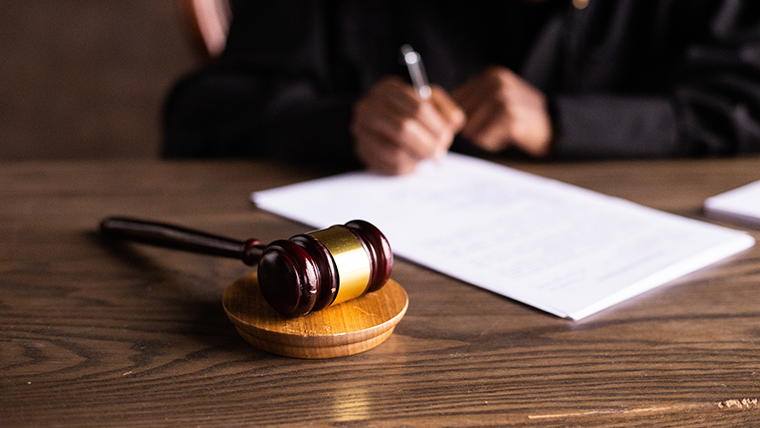
| 

If you have been given a CCJ (County Court Judgment), it could seriously affect your finances for as long as it stays on your credit record. It may make it difficult to get credit, and depending on your job, might even lead to trouble with pre-employment credit checking. CCJs are only given out as a last resort, after you’ve ignored previous requests to settle a debt. The easy advice is to avoid getting one in the first place, but if you have got into financial difficulties and have a CCJ on your record, there are three key things you can do to remove the CCJ and start to repair your credit score.
1. Pay Within a Month
Paying the full CCJ amount within one month from the date of the judgment leads to its complete removal from your credit report. It’s as if the CCJ never existed. Often, there is some sort of dispute over whether the CCJ is justified or whether the debt is owed at all, but the legal advice is usually to pay the CCJ to get it off your file and then continue the process of challenging it, especially if you have been given a CCJ over something minor like a parking fine. Once you have settled the CCJ in full, the court will feed that information back to the credit reference agencies, who will remove it from your file. When you pay the CCJ, you will need to show the court a completed Certificate of Satisfaction, and proof that you have paid such as a receipt or bank statement.
2. Wait Six Years
After six years, the CCJ is automatically removed from your credit record, even if you haven’t paid it. This doesn’t mean that you don’t owe the money anymore, and in certain circumstances, the claimant can still enforce the CCJ by sending in bailiffs. If your CCJ is already relatively old, waiting for the six-year period to elapse might be the best option.
3. Apply to Have the CCJ Officially Set Aside
When a company takes you to court over an unpaid debt, you have the right to be in court to defend yourself. If you don’t appear in court or acknowledge the claim, the CCJ is issued automatically and is called a “default judgement”. If your CCJ is a default judgement, then you can apply to have it set aside if the process has not been followed correctly. This could be something like sending correspondence to the wrong address which meant you were unaware of the court case against you. There are court fees involved with asking for a CCJ to be set aside, but if your claim is successful, the court usually orders the other side to pay these back to you.
If you have already settled a CCJ debt, this doesn’t stop you from asking to have it set aside, although it might make things more complicated. It’s always best to take legal advice if you are unsure about the best steps in your situation.


